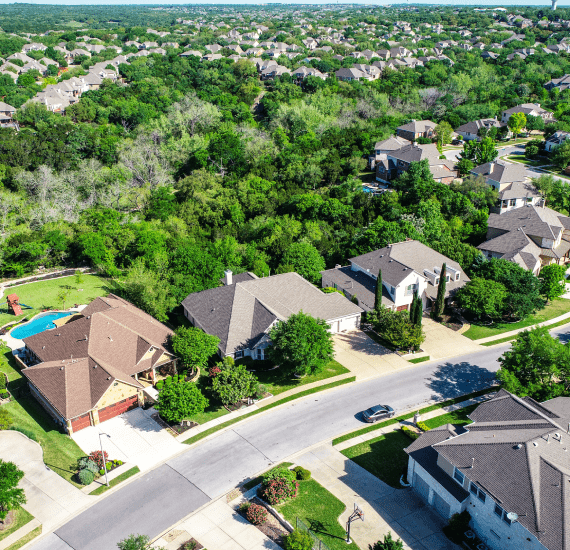There is no escaping the tax collector. Regardless of where you live, some of your income will go to paying taxes. It’s an unavoidable fact of life.
Still, there are ways to ensure that you don’t pay any more than you legally owe, and the first is paying your taxes on time or as close to on time as possible. Letting your property taxes become overdue by even just a few months can dramatically increase your total tax bill to an overwhelming point.
Start with the base late fee. On February 1 of the year after the subject tax year, the law authorizes taxing authorities to impose a 6% late fee and a 1% interest charge. The law also authorizes taxing authorities to add an extra 1% interest charge for each additional month the property tax remains unpaid. This brings the total late fee up to 11% if the tax remains unpaid on June 30.
Late fees and penalties start to get very serious on July 1. Not only does the base late fee double from 6% to 12% at this time, the law also authorizes taxing authorities to charge a 20% attorney’s fee on top of everything else in case they need to initiate legal action to recover the unpaid tax. Thus, at the end of July following the subject tax year, property owners who owe delinquent property taxes are liable for an extra 38% on top of the taxes they already owe.


